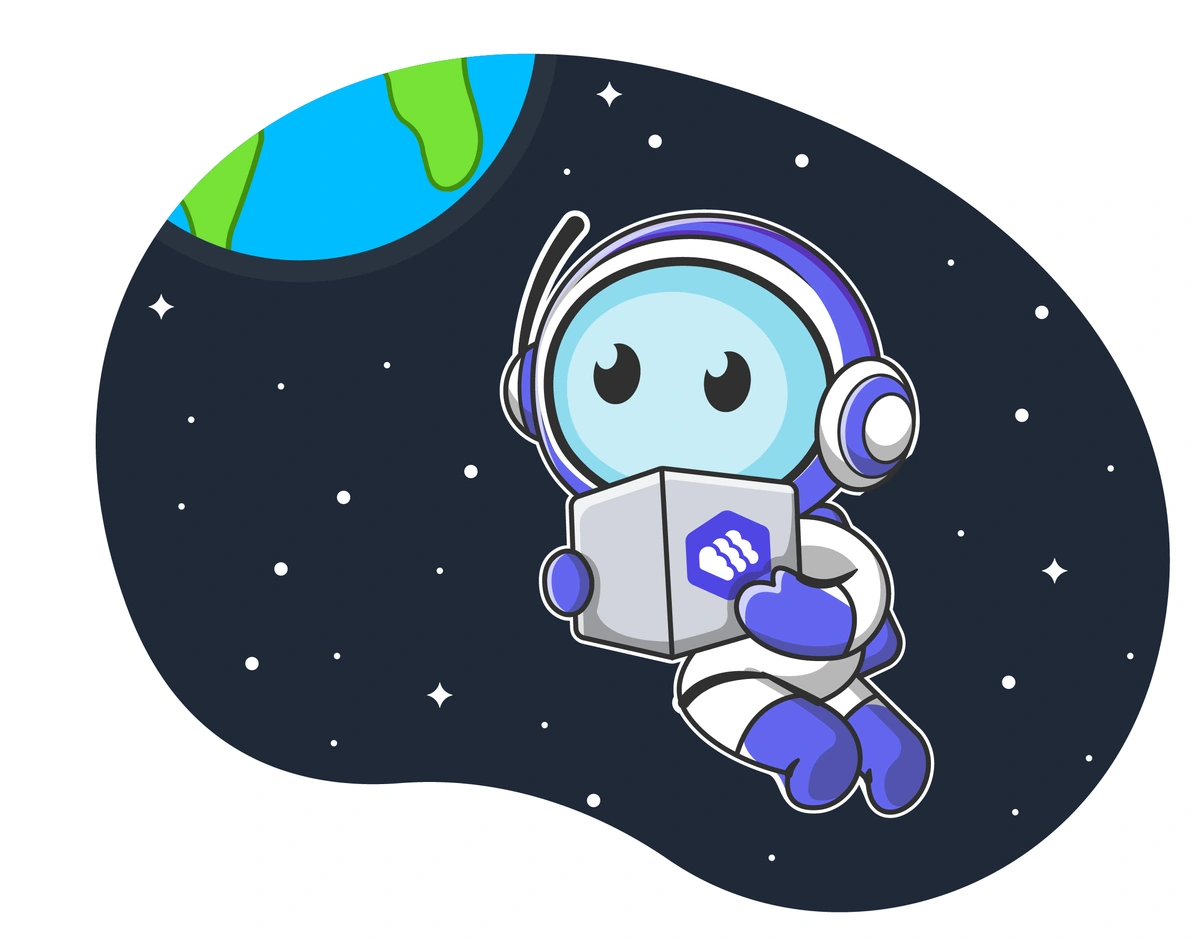In Python, a module is a file (typically with the .py extension) that contains various definitions of classes, functions, and/or variables. A Python package is a collection of one or more modules, binding them together and enabling their reuse by importing them into another code base.
Python package management is the task of finding, installing, updating, and uninstalling Python packages as necessary in the course of Python software development. Python package management is an ongoing process through the software development lifecycle. Developers may decide to install a new package that performs valuable functionality, update a package to enjoy its new features, or remove a package that is no longer used.
To make them more accessible, Python packages are collected in centralized locations such as the Python Package Index (PyPI). As of writing, PyPI contains more than 400,000 packages, such as the boto3 package for working with Amazon Web Services or the cryptography package for encrypting and decrypting information. One of the most popular tools for working with Python packages is pip, interfacing with PyPI behind the scenes.
About Python package management
Like in other programming languages, package management in Python is a basic and essential skill for developers. Anyone who installs and uses a package in a Python code base is performing Python package management. Without Python packages, developers would have to duplicate massive amounts of code between different projects.
However, the more Python packages a software project uses, the more difficult Python package management becomes. Some of the challenges of Python package management are:
-
Dependencies: Packages can themselves use other packages, requiring you to install one before the other. These relationships are known as software dependencies.
-
Versioning: New versions of packages can introduce bugs or remove functionality that the software relies on.
-
Reproducibility: Developers may have subtle differences in their programming environments that cause packages to work on one machine but not another.
-
Security: To prevent potential security issues and malware, packages should only be installed from a trusted source.
-
Permissions: Some packages may have an open-source license that prevents them from being used in commercial projects, or may have other restrictions.
Python is one of the most widely used programming languages in the world. A major reason for the popularity of Python is the rich array of official and third-party libraries and frameworks that developers can use.




